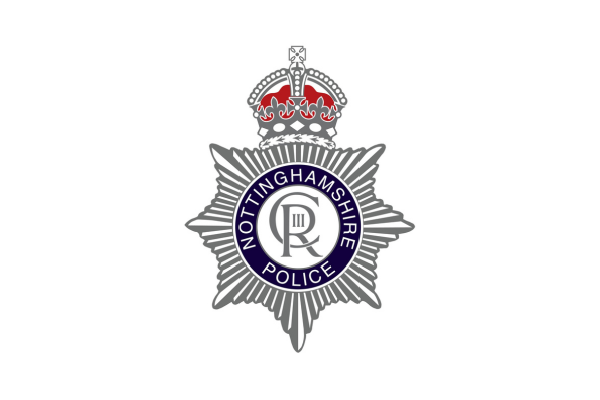
Nottinghamshire gamers are being urged to improve their cyber security to mitigate the risk of hackers accessing their online accounts.
With sixty percent of UK adults playing video games on console, desktop or smartphone devices, the gaming industry has increasing come under attack from hackers.
Nottinghamshire Police is encouraging gamers to take a few simple preventive steps to make it harder for cyber criminals to access their data.
It comes following a rise in reports of online accounts being hacked, with victims losing thousands of pounds as a result.
In one case, a Nottinghamshire-based gamer lost more than £2,000. Another victim elsewhere in the East Midlands lost £10,000.
Criminals have been exploiting out-of-date mods across the country, leading to devices being compromised with malware and accounts being hijacked and digital assets lost.
The growing threat has led to Nottinghamshire Police’s cyber protect team encouraging gamers to follow expert advice issued by the National Cyber Security Centre.
To prevent your gaming account being hijacked, you should:
- Keep your devices and applications up to date
This includes the operating system. This will help prevent these attacks from being successful. Turn on automatic updates and where possible install antivirus like windows defender on your device to check for malicious executables installed on the system and keep it up to date. Make sure that community mods that you may have installed are also up to date as researchers have found an increase in cyber criminals exploiting outdated community mods to spread malware and hijack game servers.
- Use strong passwords and turn on 2SV
You can protect your gaming accounts using unique long password consisting of three random words. Turn on 2-step verification, this can be found in settings, it offers an extra layer of protection to prevent someone hacking into your account. Recently, we have seen an increase in fake phishing websites impersonating login portals, look out for suspicious links and URLs. Don’t follow links sent by other players, find your own way there through google.
- Protect your privacy online
Be mindful of the information you are sharing, don’t share personally identifiable information with players you don’t trust. Apply privacy settings to ensure personal data isn’t visible to other players e.g. location. Hide your friends lists, to avoid scammers from impersonating your friends.
- Use official stores or sources
When purchasing and downloading games, make sure that you are using the official store fronts to avoid inadvertently downloading malware.
- Don’t follow instructions from other players
Cyber attackers often attempt to circumvent in-game security measures by persuading you to do something outside of the game itself. For example, a player you don't know may suggest that you install an 'upgrade' and supply a link for the download. The offer could also come in the form of a well-crafted phishing email, promising some kind of freebie related to a game you enjoy.
Nottinghamshire Police cyber protect officer Kirsty Jackson said: “A lot of game distributors will not offer support if you have been using third party services to commence trades and link your accounts as these falls outside of their terms and conditions.
“It’s really important that you are cautious when using these services especially if another player ask you to sign up to these services. Genuine online services won’t require that you complete a trade to be able to login to those platforms or ask you to give your 2-step verification code to anyone else.”
To see if you've been hacked, check your online accounts to see if there's been any unauthorised activity. Things to look out for include:
- being unable to log into your accounts
- changes to your security settings
- messages or notifications sent from your account that you don't recognise
- logins or attempted logins from strange locations or at unusual times
- unauthorised money transfers or purchases from your online accounts
For more information on how to stay secure when gaming online the visit the National Cyber Security Centre website.



 Mansfield 103.2 News -02-04-25
Mansfield 103.2 News -02-04-25





